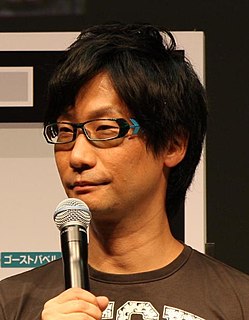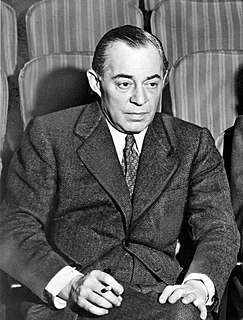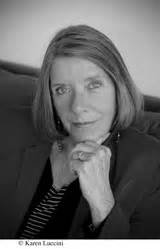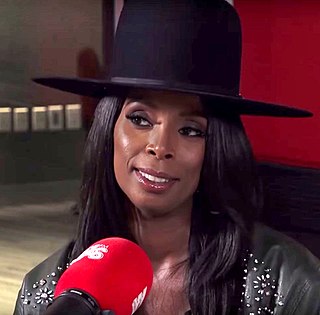A Quote by E. M. Forster
The emotions may be endless. The more we express them, the more we may have to express.
Related Quotes
Whatever may be the judgement pronounced on the competency of the architects of the Constitution, or whatever may be the destiny of the edifice prepared by them, I feel it a duty to express my profound and solemn conviction . . . that there never was an assembly of men, charged with a great and arduous trust, who were more pure in their motives, or more exclusively or anxiously devoted to the object committed to them.
The mystique and the false glamour of the writing profession grow partly out of a mistaken belief that people who can express profound ideas and emotions have ideas and emotions more profound than the rest of us. It isn't so. The ability to express is a special gift with a special craft to support it and is spread fairly equally among the profound, the shallow, and the mediocre.
I recommend allowing others the opportunity to fully express themselves before turning our attention to solutions or requests for relief. When we proceed too quickly to what people might be requesting, we may not convey our genuine interest in their feelings and needs; instead, they may get the impression that we're in a hurry to either be free of them or to fix their problem. Furthermore, an initial message is often like the tip of an iceberg; it may be followed by yet unexpressed, but related - and often more powerful - feelings.
In nonviolent communication, no matter what words others may use to express themselves, we simply listen for their observations, feelings, needs, and requests. Then we may wish to reflect back, paraphrasing what we have understood. We stay with empathy, allowing others the opportunity to fully express themselves before we turn our attention to solutions or requests for relief.
What we try to do in TSAW, which is Tasha Smith Actors Workshop, is to help the actor get to the core of who they really are and how they really feel. So, we may have them do a dump, where you just basically express everything that you feel that you have not been able to express, whether it's good, bad, or ugly.





































